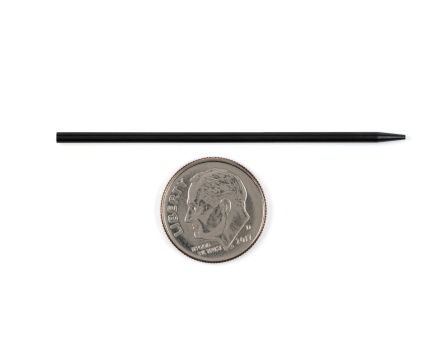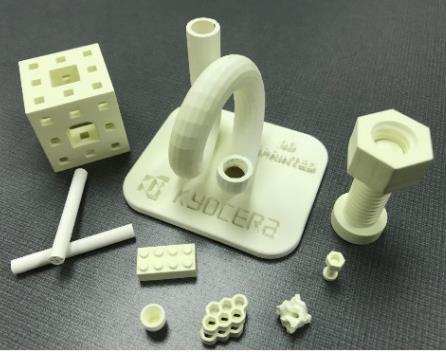Kyocera unveils low-resistivity zirconia needle, proven ceramics-based medical technologies
- Fine Ceramic Components
Kyoto/London - Kyocera’s ceramics technology, developed over the last 60+ years, provides a highly durable, long-lasting, non-reactive material to help improving everything from surgical tools and hip implants to kidney dialysis and CT Scan machines.


Rapid prototypes with ceramic additive manufacturing
Kyocera continues its ceramic additive manufacturing customized 3D printing service for cost-effective prototypes of new medical device designs. The company’s highly experienced engineers consult on each new project and devise the most cost-effective method for a 3D printed prototype of new medical device designs. With that consultation and 3D printing using zirconia and alumina, Kyocera can virtually produce any kind of customized prototype in 1-2 weeks. Kyocera’s ceramics offer scratch resistance, higher rigidity, temperature resistance, longer lifetime, high-voltage insulation, lighter weight, and superior thermal management, providing an overall lower cost of ownership.
3D capabilities include:
- Shapes: curved, square, angled, sharp edges, angled holes, negative draft, threads, textures, tiny holes
- Materials: Zirconia, Alumina
- Size: 200 x 105 x 40 mm
- Tolerance: +/-0.050 mm (as-fired)
- Wall Thickness: 0.25 – 10 mm
- Interlocking Assembly
- Smooth Surface

